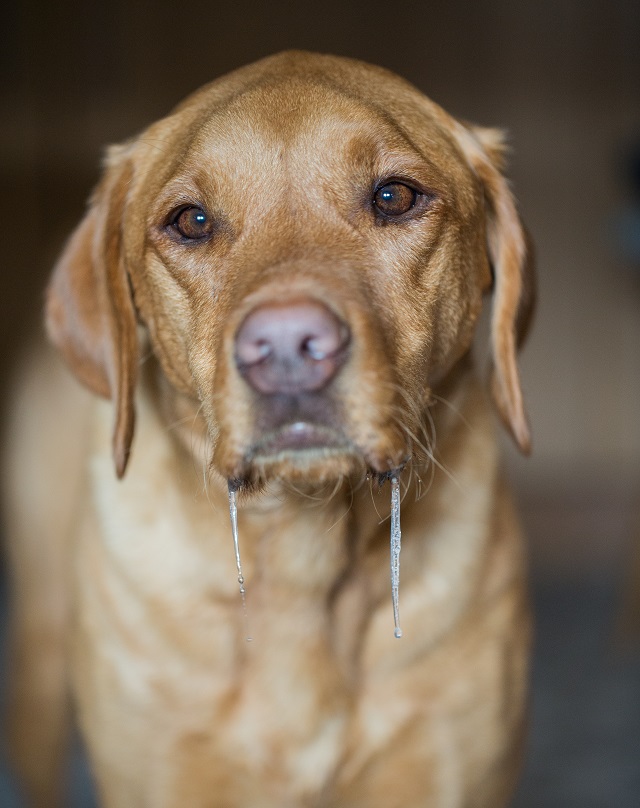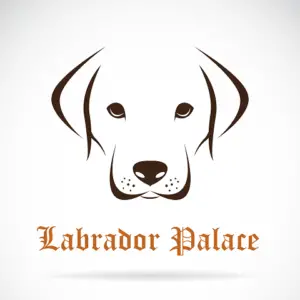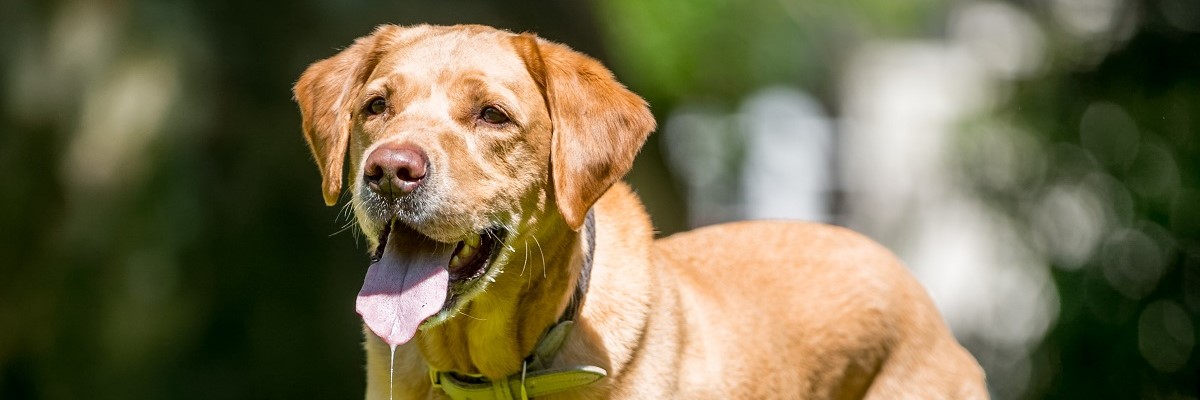The act of drooling is simply the spilling of saliva, which is common in dogs, especially around mealtimes. Nevertheless, if you notice that your Lab is drooling more than usual, it could mean something is wrong. Dogs of some breeds are known to drool excessively, but Labradors don’t drool much. So if you notice that your Labrador is drooling excessively, you need to take action.
It can happen for various reasons that your Labrador starts drooling suddenly. Drooling is usually a way for your Labrador to lubricate its mouth so it can eat and digest food more easily. Drooling is common for Labs around mealtimes and when they are sleeping. It is, therefore, likely that your Labrador is sick if it suddenly begins drooling excessively.
| Here are a few reasons why your labrador suddenly started drooling |
|---|
| Food Excitement: Labrador Retrievers drool mainly because they are excited about food. When they drool around mealtime, this is because they are hungry. Even humans salivate when they are hungry and are presented with delicious food. Your Lab, therefore, may begin to drool if he sees you coming with his favourite food and they are hungry. |
| Heatstroke: Heatstroke is another possible reason for your Labrador Retriever to be drooling. There is a serious risk of heatstroke for dogs, especially those who live in hot climates. During extreme heat, your Lab may drool to cool itself. In addition to drooling, your dog may also be suffering from heatstroke if they are also panting heavily, has an irregular or fast heartbeat, and lying down frequently. If that is the case, it is necessary to take them to a veterinarian immediately. The condition is life-threatening and should not be taken lightly. |
| Tooth Decay or Mouth Disease: There is also the possibility that your Labrador Retriever might be drooling because of tooth decay and dental diseases. Dogs may experience excessive drooling due to tartar buildup, mouth tumours, mouth ulcers, and gum disease. Drooling excessively or feeling uncomfortable in the mouth can be caused by red or swollen gums or decayed teeth. If you notice your Lab drooling excessively or feeling uncomfortable in the mouth, you should examine its mouth. You should go to the vet for treatment if that’s the case. |
| Anxiety: You may also notice that your Lab drools suddenly if it is anxious or uneasy. In the same way, excitement makes them drool; fear and nervousness have the same effect. |
| Organ Disease: The excessive drooling your Lab is exhibiting may also be an indication of a serious illness such as liver or kidney disease. If your Lab seems unwell, loses appetite, or seems dull, you should contact your vet immediately for a checkup because they may have an organ problem. |
| Motion Sickness: Excessive drooling can also occur when the dog is motion sick. If your dog suddenly starts drooling excessively and exhibiting symptoms such as yawning, constant lips licking, vomiting, crying, and immobility. In that case, motion sickness could be at play. |
| Rabies: Alternatively, your Lab could be drooling due to being infected with rabies, a viral disease that causes brain inflammation. The most common way rabies is transmitted to dogs is through bites from animals such as raccoons, foxes, and coyotes, among many others. To keep your Lab safe from this deadly virus, ensure it is vaccinated. In cases where your Labrador is not vaccinated, and you suspect it has rabies, you should take it to a veterinarian immediately. In most cases, chances of surviving rabies are very slim once symptoms begin to manifest. |
| Mouth Injury: Labrador Retrievers may also drool excessively due to mouth injuries. An injury may be to blame if your dog is excessively drooling and having difficulty swallowing food. Verify if there are any signs of damage in your dog’s mouth. |
| Ingestion of Toxins: You may suspect your Lab has eaten something toxic if it suddenly starts drooling excessively. If you suspect your dog has swallowed poison, you should take him to the vet immediately. There is a risk that toxins may cause serious damage to vital organs and even death. |
What is typical drooling for a Labrador Retriever?
A lot of Labradors drool around mealtime, just like other dog breeds. If your dog drools around mealtimes, it is probably because he smells something delicious. But Labrador Retrievers do not drool excessively like Great Danes, Bernese mountain dogs, black-and-tan coonhounds, English bulldogs, Sussex Spaniels, and boxers do. Drooling during meals is the only time when it is completely normal. Drooling excessively and not being induced by food may mean your pup is sick.
How do I stop my Labrador Retriever from drooling?
Just as humans salivate when they smell delicious food, drooling is a natural part of the digestive process. The process of drooling is natural and is difficult to stop completely. However, you can reduce excessive drooling in your Lab by following the following steps:
| Drooling can be caused by many conditions, including decayed teeth, gum problems, and mouth injuries. Clean the teeth, extract decayed teeth, and treat gum problems. | Make sure your dog cannot reach any poisonous products. Aside from that, you should also ensure you don’t have any plants around the yard that might poison your Lab. |
| If your Lab suffers from motion sickness, limit their travel unless absolutely necessary. | Do not expose your dog to excessive heat if you live in a hot climate. |
| When your dog is drooling due to fear or anxiety, you should try to calm them and provide care and protection. | Your Lab needs to be examined at the vet regularly. Detection and treatment of these underlying health conditions will help detect and treat drooling on time, such as injuries to the mouth or organ disease. |

When to take my Labrador to the vet over drooling?
You shouldn’t be concerned if your dog drools primarily during mealtimes or while sleeping. If you notice drooling without being triggered by the smell of food, you need to be concerned. A Lab that drools excessively suddenly and heavily should be taken to the vet. Your Lab could have consumed a poisonous substance if this had happened.
If the drooling makes your Lab uncomfortable and sluggish, you should also take him to the vet. Additionally, suppose drooling is associated with other symptoms such as nausea, excessive sweating, vomiting, and shaking. As a result, you should immediately take your dog to the vet to rule out other serious health conditions.
Conclusion
Labrador Retrievers drool like other dog breeds, especially during meal times. Additionally, they drool a lot when sleeping because of the mouth’s nature. If these two scenarios make your Lab drool, you needn’t worry because you can’t prevent it.
Among many other causes of drooling, prolonged heat exposure, diseases such as rabies, kidney and liver disease, fear, motion sickness, and poison ingestion are a few examples. Aside from drooling, other symptoms caused by other factors include vomiting, irregular heartbeats, and heavy panting. This may indicate that your Labrador Retriever suffers from a serious health condition if he drools excessively due to these factors.


